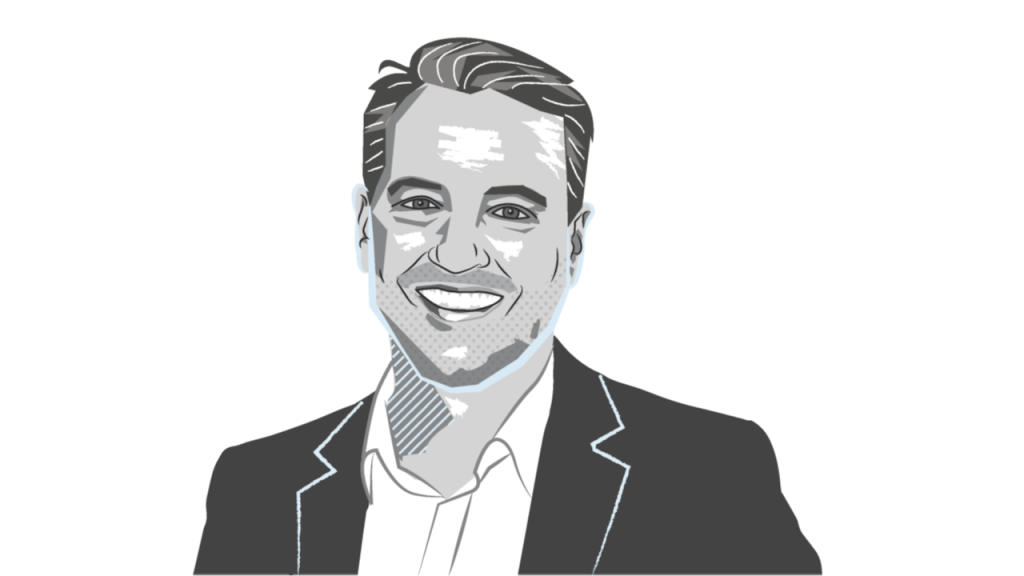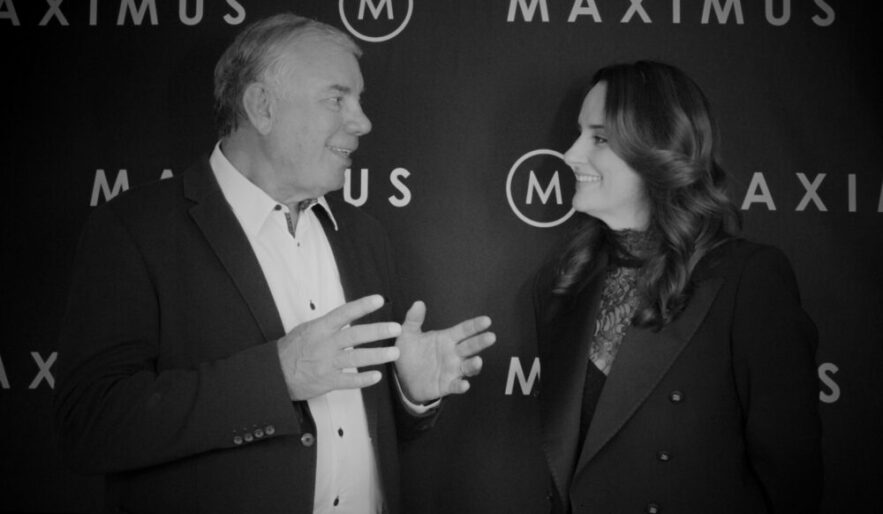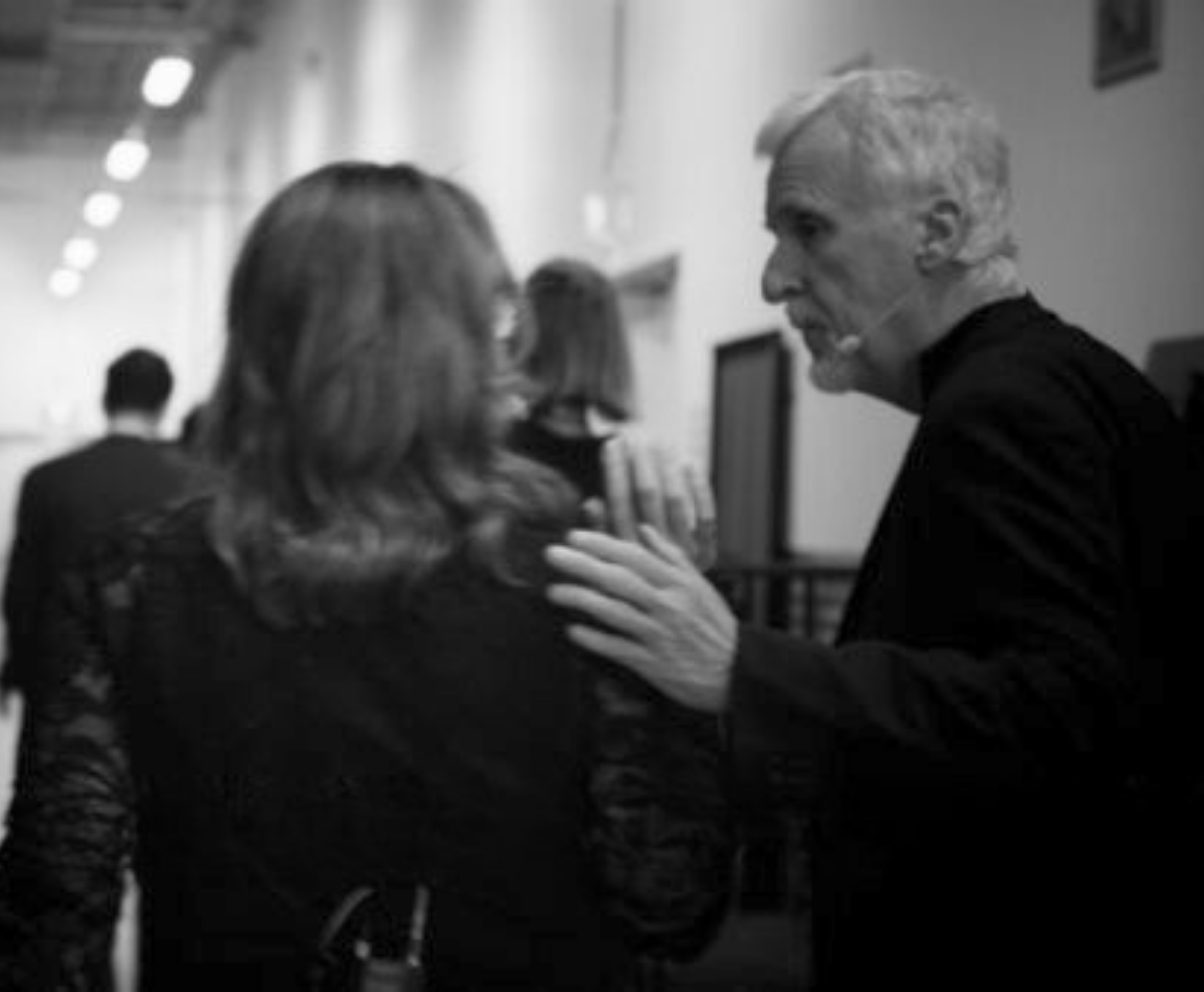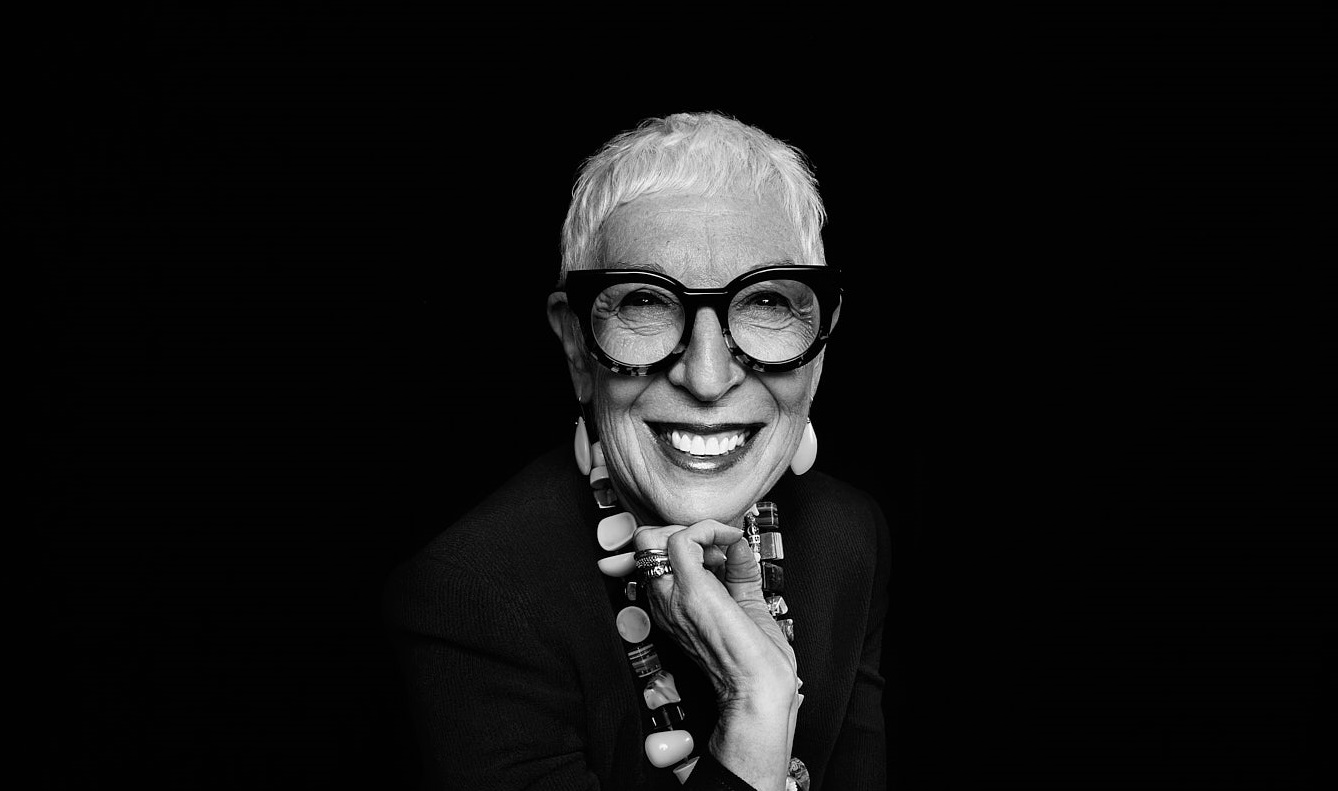In the past, when we discussed virtual leadership, the big issues were around managing time differences and ensuring communication happened often enough at high quality. Perhaps there was some discussion around cultural differences. This seemed complex but was so much simpler than it is in a post-COVID-19 world.
Now, it requires far deeper levels of humanistic thought.
If you’re based in Sydney, it’s not as easy to visit colleagues interstate. One team member in Melbourne (locked down at the time of writing) might be a single mum who is struggling with the home-schooling of three kids and who is not allowed to travel more than five kilometres from her house.
Another might be in New York, mourning the loss of his elderly mother who was a victim of a COVID-19 infection in an aged-care facility. Yet another might be in India, concerned for her own health as she’s expected to commute to work while daily infection levels increase by the tens of thousands.
INGREDIENTS FOR SUCCESS: INDIVIDUALISATION, ADAPTATION AND EMPATHY
We’re working in a time where even our closest associates are living in a completely different context. Leadership itself is now, by necessity, much more individualised and much more humanistic. We have to think deeply about how our personal situation differs not just from those in other countries or other cities, but even from those in other suburbs. This requires profound wells of empathy.
Through the language they are using, I hear some leaders expressing the fact that they’re looking forward to things returning to normal, “going back to the way they were”. I think that’s naive. We’re never going back, but we can move forward.
We need to be continuously adaptive on operating models, business plans, product mixes and more. We require a framework that ensures constant measurement of what we’re doing. Is it working in the market? What’s happening externally that’s impacting our businesses? What’s happening internally that’s impacting our people’s lives?
Some misinterpret that adaptiveness for short-termism. Actually, it would be a terrible mistake if we reduced everything to three-week cycles. This adaptive thinking is for the short-, mid- and long-terms. It is the future.
“Leaders have no choice but to get comfortable living with – and within – paradox”
– Brent Duffy, Joint Managing Director, Maximus
THE ANSWER NO LONGER LIES IN THE PAST
During the long period of relative business stability we enjoyed in Australia prior to COVID-19, we reinforced in our leaders convergent thinking. What is convergent thinking? Consider a multiple-choice question – the first thing you do is cancel out two of the four possible answers, to narrow down the field of choices. Our school education teaches this process, and experience in a stable business environment reinforces it. That’s a problem.
Rather than considering that your options are A, B, C or D, we need to be asking what haven’t we thought of? What could be a potential option E, F, or even G? When looking to the past no longer carries weight, and when best practice is no longer best practice – it’s just something that has worked in a previous environment that is now foreign – what else is available?
That is where adaptive practice comes in. It’s about divergent thinking, as opposed to convergent thinking. It involves broadening our options and coming up with entirely new answers, rather than narrowing down our choices. We’re seeing several wonderful examples of this around us today, and many of them are discussed in this issue.
The future is not going to come from the past. We are not going to succeed by doing what we did before. It’s a paradox according to the way things were, but it’s usual behaviour in turbulent markets where innovation is an absolute necessity. As contradictory as it might seem, the best options will come from adaptive practice, rather than best practice.
SNAPSHOT: A GLOBAL VIEW
It’s often difficult to comprehend the scope of change around us. These numbers hint at the paradox in which we exist and the context we must now understand.
- At the time of writing, most new infections and deaths from the pandemic are in the USA, India and Brazil
- According to the UK’s office for national statistics, in a single week in October, the number of people in England with COVID-19 rose from 224,000 to 336,000
- Foot traffic in the UK, including on high streets, in parks and in shopping centres, etc., is less than 70% of the same period in 2019
- 1% > 10.6% The rise in growth of Deloitte UK’s full year forecast for the contraction in 2020 GDP
ZOOMING IN: THE AUSTRALIAN PICTURE
Here in Australia, COVID-19 has given leaders pause to think differently and create new opportunities that will have an acute impact on the future of our nation.
- In Victoria the lockdown will cost the Victorian and national economies, $12 billion to $14 billion according to AMP Capital
- 35% of Australian businesses, according to the ABS, will have found it difficult or very difficult to meet financial commitments over the final three months of 2020
- 7% decline in household consumption in Australia
- More than one in five families in Australia are jobless, says the ABS, as 1.5 million families report every person over the age of 15 is unemployed. There are 7.2 million families in Australia
This article originally appeared in M Magazine 06 – our internally produced publication designed to deliver inspiration, aspiration, and utility for leaders in Australia and beyond. If you would like to receive a digital copy of M06 please click here








